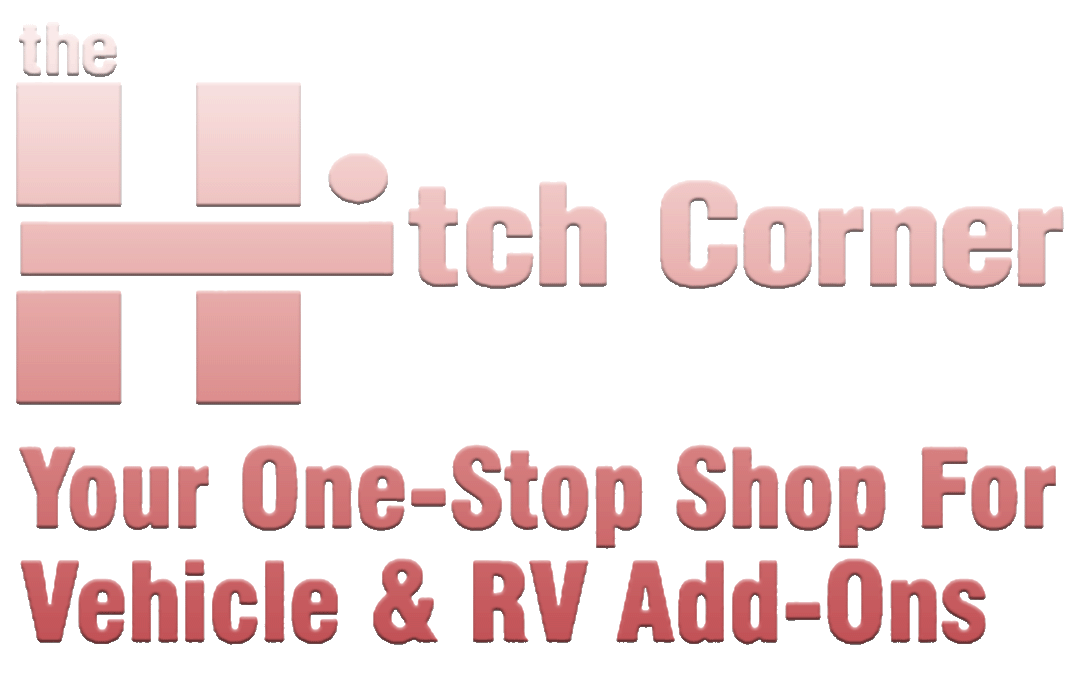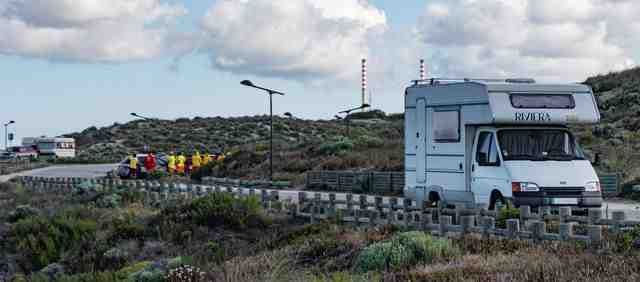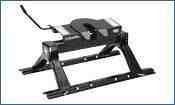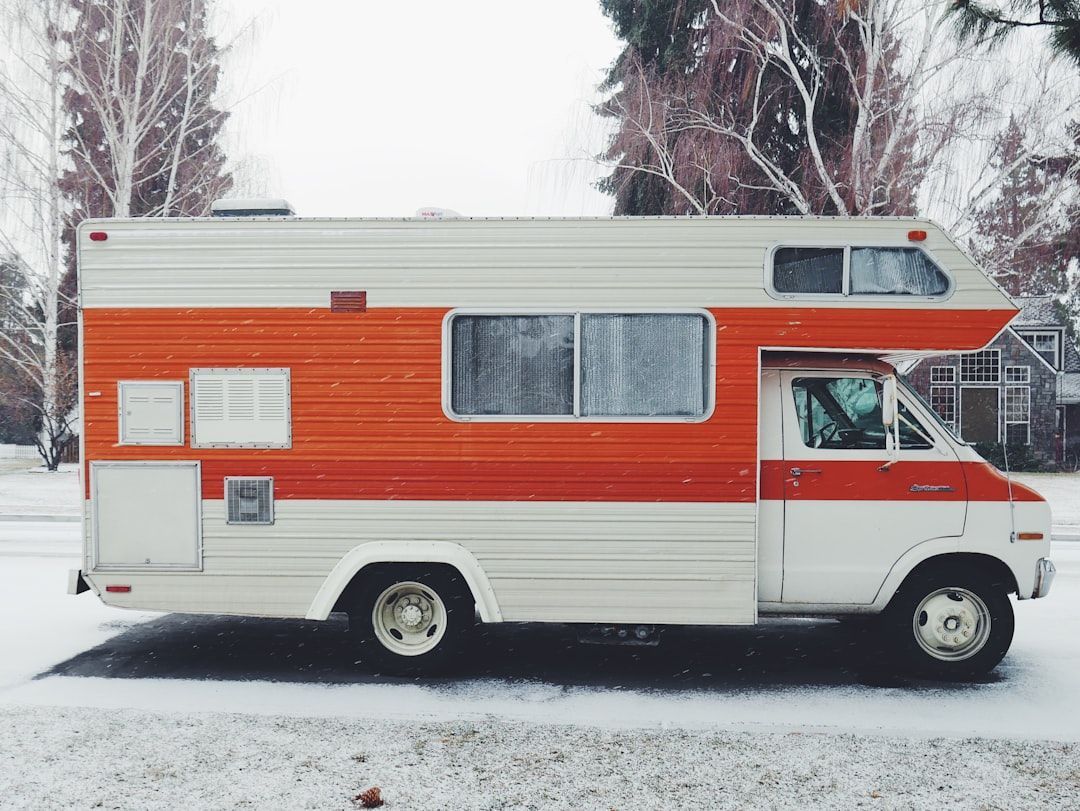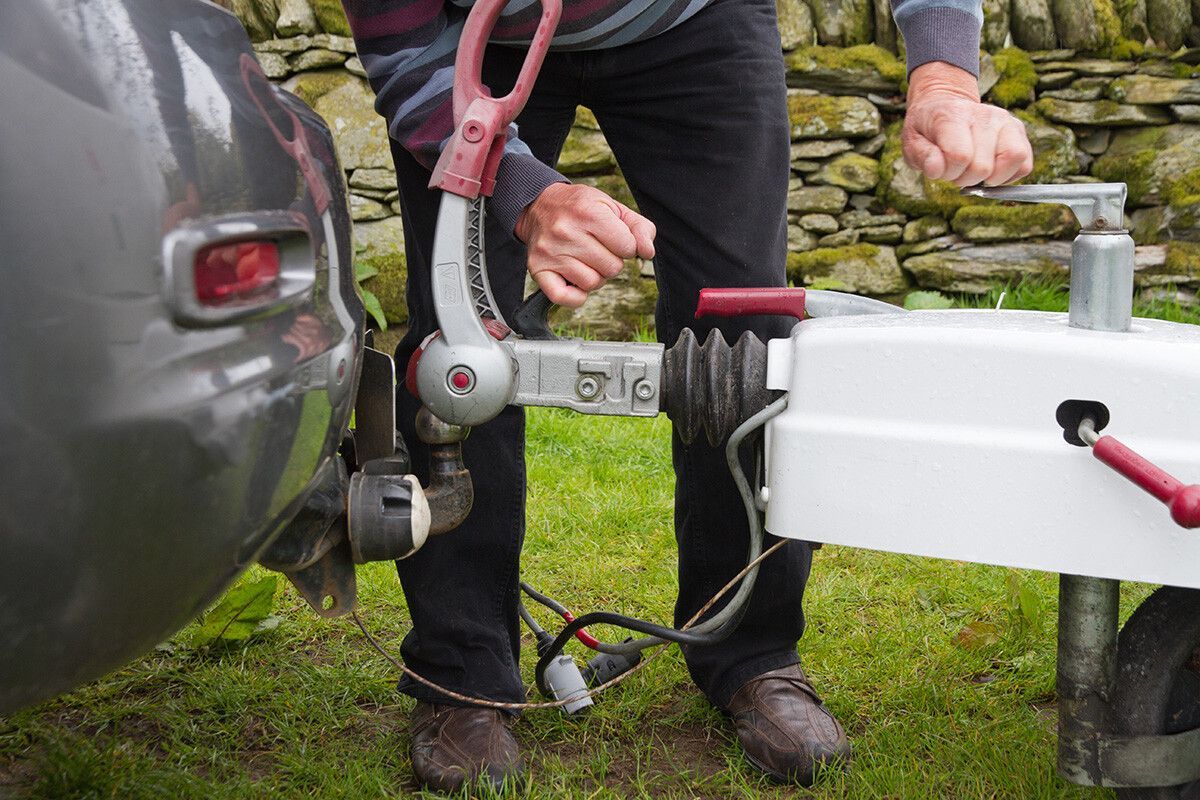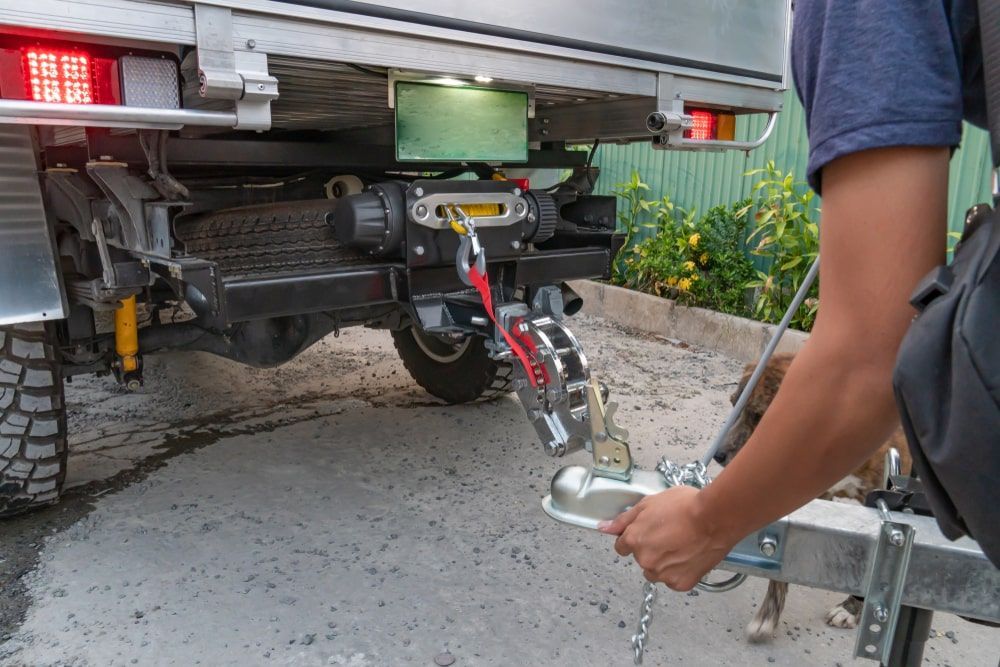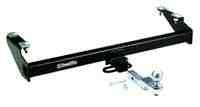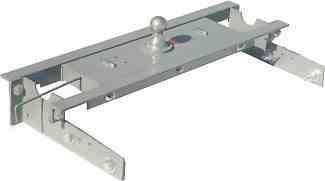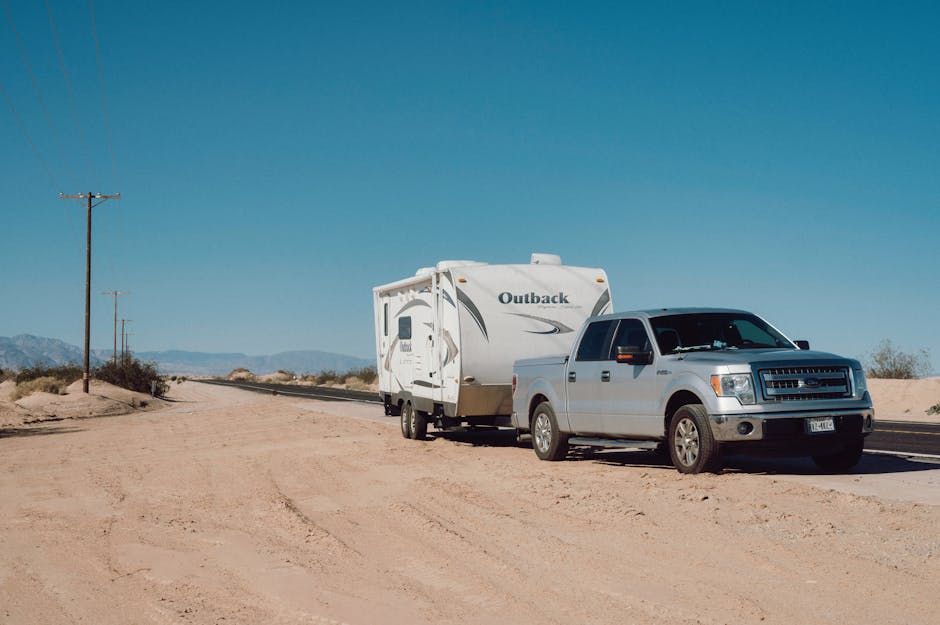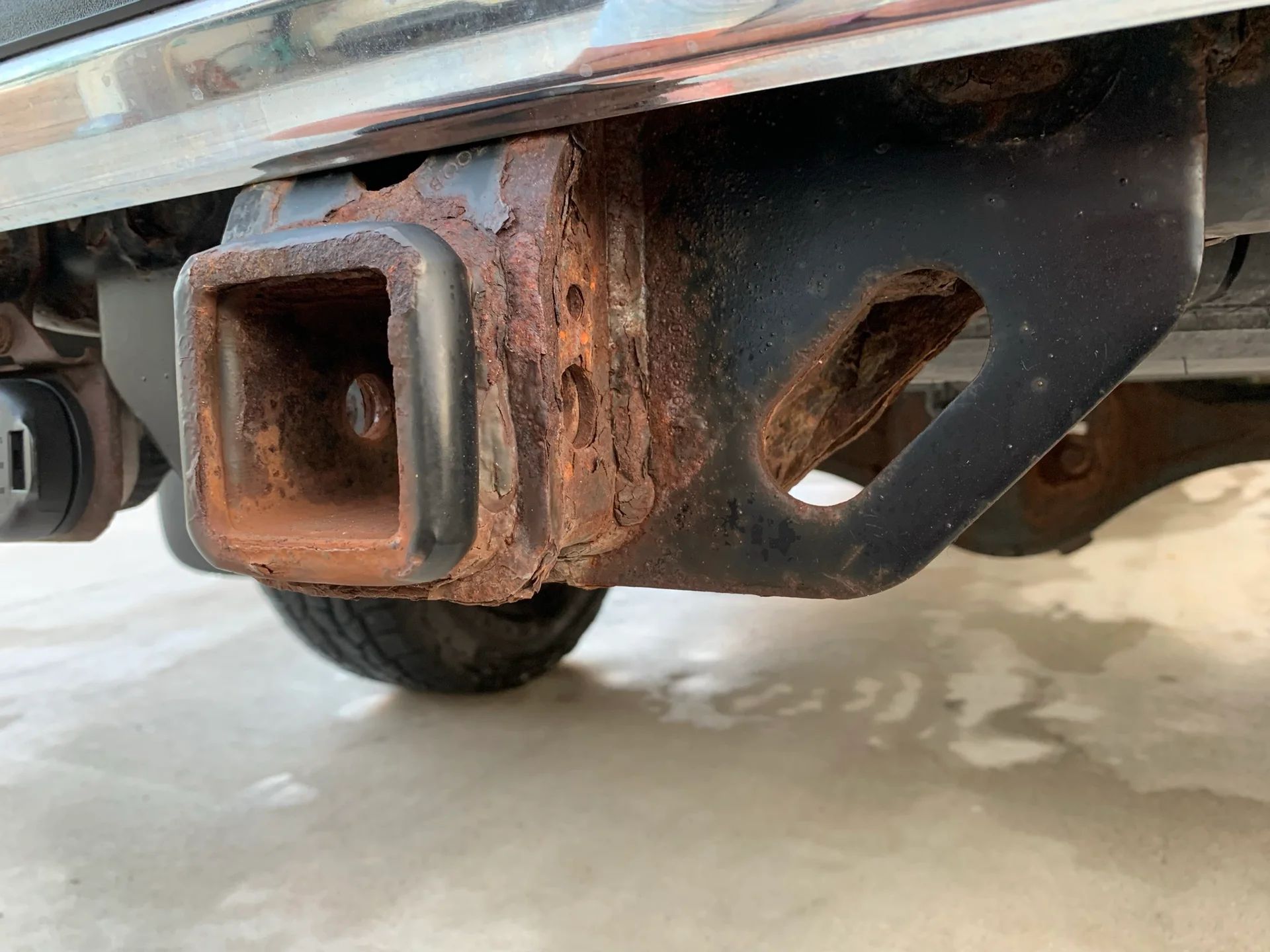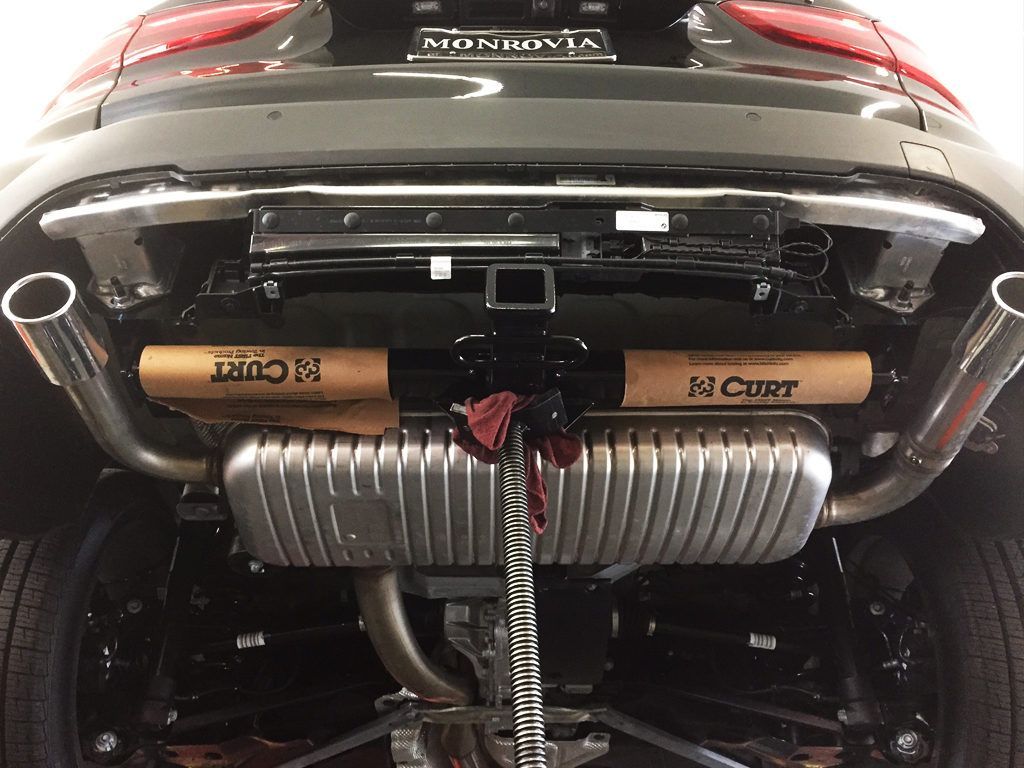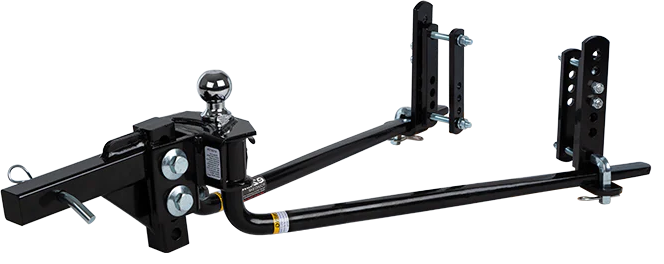Towing Without Trouble: Essential Trailer Hitch Safety Guidelines
Hitched Right: The Safety Essentials for Stress-Free Towing
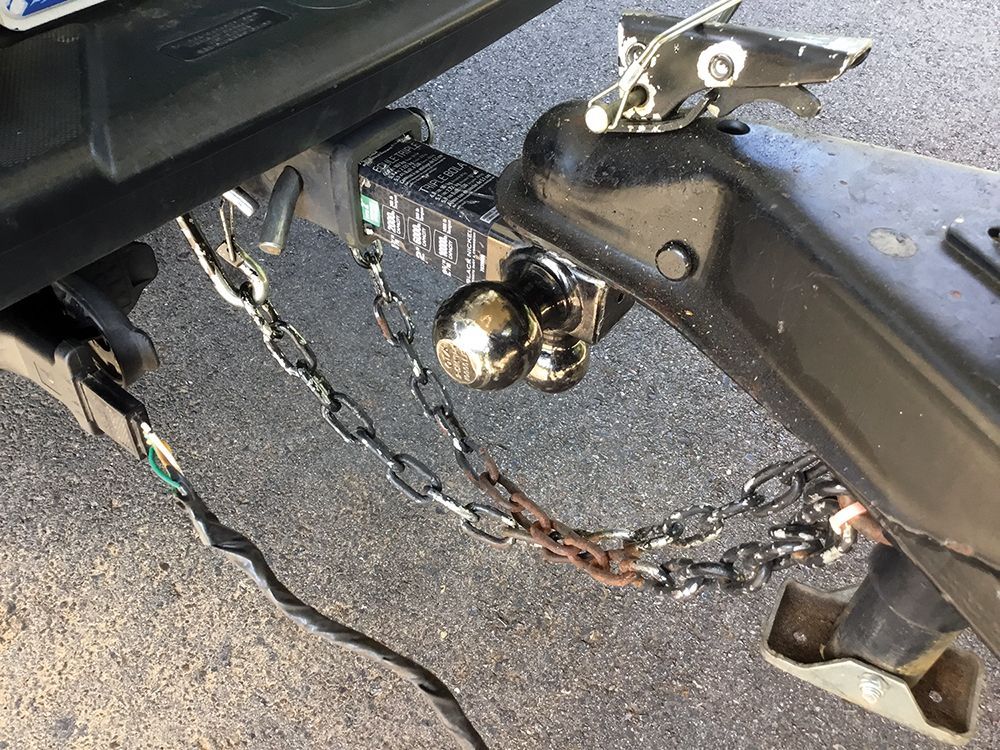
Towing a trailer can be a seamless experience when done correctly, but even a small oversight can lead to major safety risks. Whether you're towing a camper for a weekend getaway or hauling equipment for work, understanding the
trailer hitch safety guidelines is crucial.
These guidelines ensure that your vehicle, trailer, and cargo remain secure throughout the journey. If you live in areas like
Littleton, Colorado, where changing elevations and unpredictable weather add to the complexity of towing, following these best practices becomes even more essential.
Choosing the Right Trailer Hitch
Before hitting the road,
selecting the right trailer hitch is the first and most important step. Using an improper hitch type or size can lead to instability and accidents.
Determine Your Vehicle's Towing Capacity
Always check your vehicle’s owner’s manual for the
maximum towing capacity. Overloading your hitch can lead to trailer sway, brake failure, or even hitch detachment.
Select the Correct Hitch Class
Trailer hitches come in different classes, ranging from
Class I to Class V, with each level supporting increasing amounts of weight. Make sure to match the hitch class to your towing needs.
Ensure Proper Hitch Ball Size
The hitch ball must be compatible with your trailer's coupler. Using an incorrectly sized ball can cause the trailer to disconnect during transit.
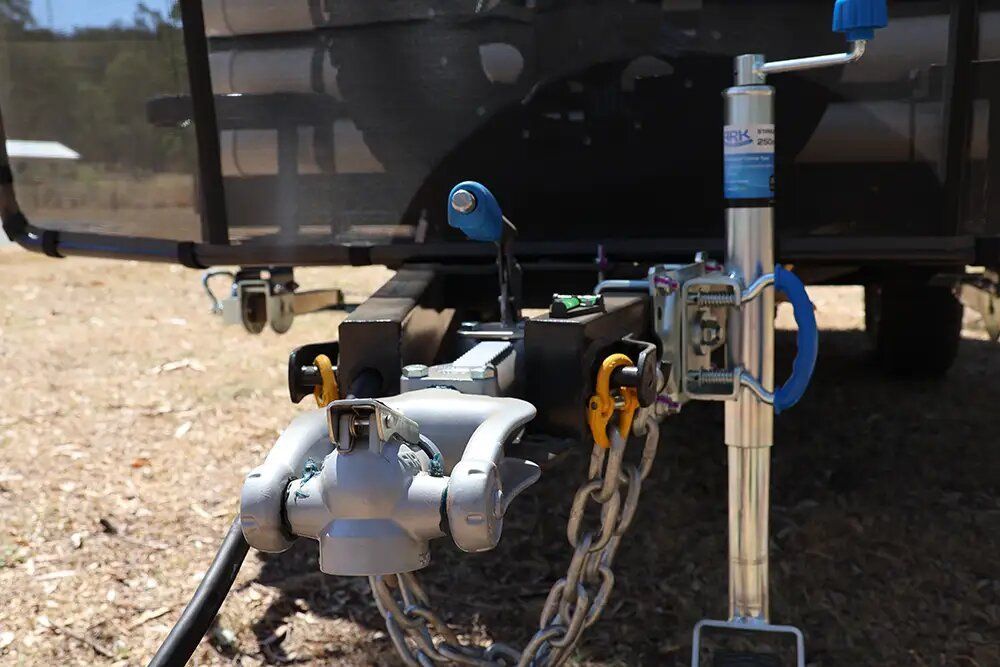
Safe Hitching and Connection Practices
Even with the right equipment, improper hitching can lead to hazardous conditions. Properly connecting your trailer is essential for a smooth ride.
Inspect the Hitch and Coupler
Before securing your trailer, inspect both the
hitch receiver and coupler for damage, rust, or cracks. A faulty hitch connection is one of the most common causes of towing accidents.
Secure Safety Chains
Safety chains provide a backup connection between your tow vehicle and trailer in case the hitch fails.
Cross the chains under the hitch in an X-pattern to prevent the trailer from hitting the ground if it detaches.
Test Electrical Connections
Ensure that the trailer lights, brake lights, and turn signals
are working properly. This is especially important when towing in areas like
Littleton, where sudden weather changes can reduce visibility.
Weight Distribution and Load Balancing
Unevenly distributed weight can cause
trailer sway, poor braking, and instability. Proper weight distribution keeps your towing setup safe.
Load Heavier Items in the Front
Place heavier cargo in the front
near the trailer tongue, ensuring about
60% of the weight is forward of the axle.
Secure the Load Properly
Use
tie-downs, ratchet straps, or cargo nets to prevent shifting during transit.
Consider a Weight Distribution Hitch
For heavier loads, a weight distribution hitch helps balance the load between the tow vehicle and trailer, improving handling and braking efficiency.
Driving and Maneuvering Safely
Towing a trailer requires extra caution and adjustments to your driving style. Knowing how to navigate turns, stops, and inclines is critical, especially in mountainous regions like Colorado.
Reduce Speed and Increase Following Distance
Towing adds significant weight to your vehicle, increasing stopping distances. Drive
at a moderate speed and maintain at least
double the normal following distance.
Be Mindful of Weather Conditions
In Colorado, unexpected rain, snow, or high winds can create hazardous towing conditions. Before departing, check the
weather forecast in Littleton and adjust your speed accordingly.
Practice Backing Up
Backing up with a trailer can be tricky. Take time to
practice in an open area, using small steering adjustments to prevent jackknifing.
Routine Hitch Maintenance and Inspections
Regular maintenance ensures your hitch remains in good condition and safe to use. Ignoring maintenance can lead to rust, wear, and even failure.
Inspect for Wear and Tear
Regularly check for
cracks, rust, or loose bolts on your hitch and replace any worn-out components immediately.
Lubricate Moving Parts
Use
high-quality grease on the hitch ball and coupler to reduce friction and prevent premature wear.
Check Tire Pressure
Both your tow vehicle and trailer tires should be inflated to the recommended PSI to ensure stability and prevent blowouts.
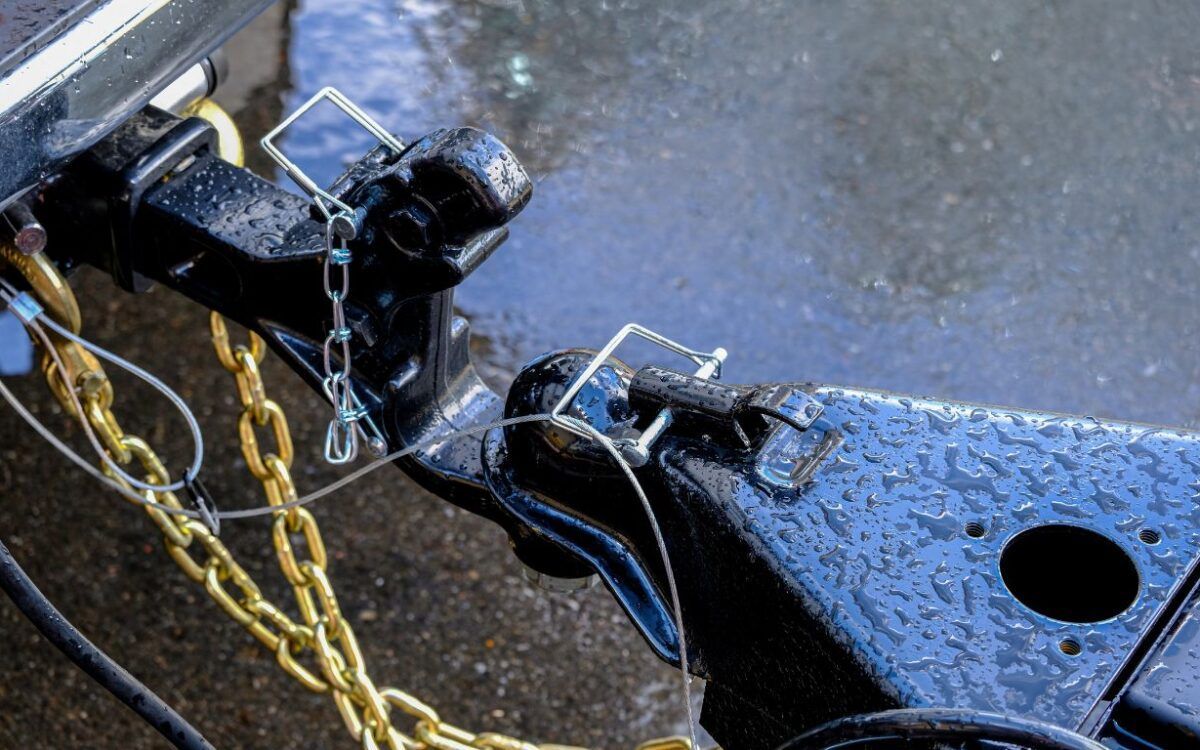
New Paragraph
